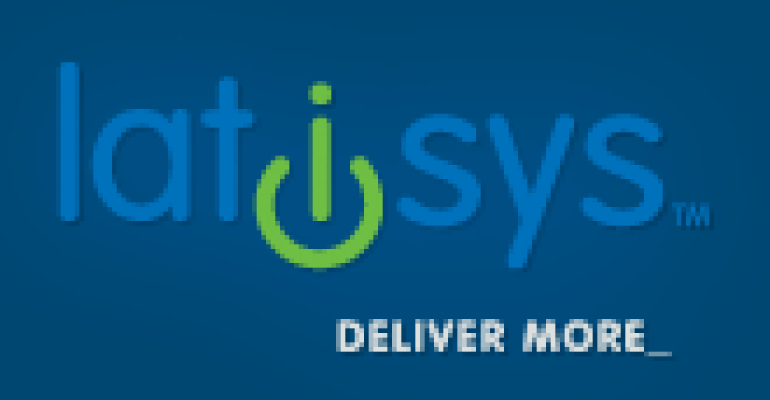The path to hybrid infrastructure isn’t always an obvious one. "Hybrid” has replaced “cloud” as the hot buzzword, and from a customer perspective, there’s even more confusion around exactly what it means.
Fishbowl, providers of software and services to the restaurant industry, has leveraged Latisys for a hybrid solution that encompasses colocation, managed services, and cloud. Before choosing Latisys, it uncovered a disconnect between its needs and what some pure play hosting providers were pitching.
Fishbowl was using Latisys for colocation of its internal systems and intranet, while hosting customer-facing services with another managed hosting provider. Its customer systems were growing too fast for its previous provider.
"Our member database is growing very fast –we’re at 110 million members and growing," said Khalid Namez, the IT Manager at Fishbowl. "Email is growing 40-50% every year. Storage and bandwidth is growing accordingly."
The anticipated growth, as well as some initiatives that will move the company into other SaaS-based services around customer relationship management, prompted the company to seek out a provider that could accommodate its current and future needs.
A Mix of Services
Fishbowl uses a mix of services from Latisys that came about through several conversations. “It was an open conversation – an ongoing conversation that lasted about 2 months,” said Namez. “It was around what we think we need and what they can offer. The end result came from internal analysis and Latisys' suggestions.”
The company has a typical software as service setup with a few pieces added in. A SQL database is the backend, with 64 CPU boxes to do all of the heavy processing. There’s a lot of business intelligence and data warehousing that require a lot of horsepower, as well as application/web servers and other applications dedicated to handling massive email volumes.
“Because of the amount of mailflow, we need to manage that very closely,” said Namez. “A lot of providers won’t let us in their plans. We appreciate Latisys working with us. They manage dedicated firewalls for us, but as far as load balancers we use the cloud. When we need highly detailed control over the firewalls, Latisys provided us with dedicated.”
The big difference the company found was the amount of flexibility Latisys offered in terms of services, as well as a key difference it found in negotiating with them.
A Cooperative Process
“They wouldn’t say ‘we think you should do this,’ they came back with specific numbers for everything,” said Namez. “I wasn’t sure cloud load balancing would be right, for example, but they showed us the numbers. We had the same conversation about firewalls. Cloud based firewalls aren’t the answer.”
The nature of Fishbowl restaurant-focused business means a lot of fluctuation. "A lot of our activity is seasonal," said Namez. “Any holiday when people eat out, there’s a lot of fluctuation. After studying the bandwidth profile, the suggestion from Latisys was to use blended network, as another example of the cooperative process.”
There are a ton of companies out there in need of the right solutions to take them to the next level. There is also a ton of confusion as to how “hybrid” will let them get to the next level. The path to hybrid is not an easy one; in the case of Fishbowl, it was a company that didn’t fit nicely into any pure-play hosting provider plans. A good experience with Latisys when it came to colocation led the company to move its customer-facing systems with it as well. Latisys’ ability to provide a blend of solutions, and to show numbers behind it, was crucial.
The rise of the hybrid provider is among us - hybrid in terms of services, not just cloud. Customers are growing up from one size fits all cloud, and growing out from their current setups as they look to leverage their data and better serve customers.





